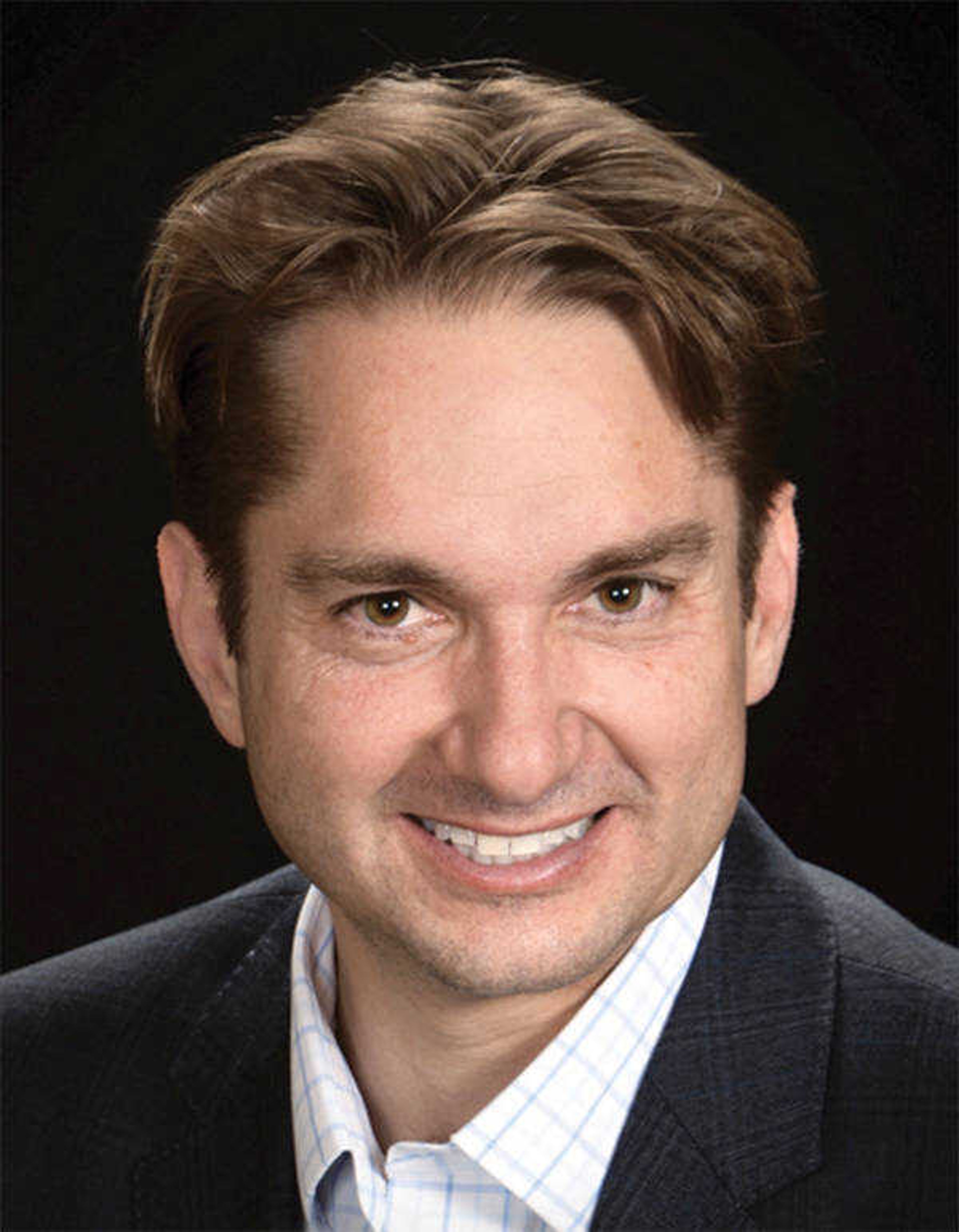BUSINESS, RELIGION RELY ON CORE VALUES
The two Russian ministers stood awkwardly in the front of LaCroix Methodist Church last Saturday night. For one of the men, traveling to the United States was a dream come true -- and an opportunity to see churches like he'd never imagined. For the second man, it was an opportunity to renew friendships with American ministers and their congregations who had helped him raise 25 churches in the Moscow region...
The two Russian ministers stood awkwardly in the front of LaCroix Methodist Church last Saturday night. For one of the men, traveling to the United States was a dream come true -- and an opportunity to see churches like he'd never imagined. For the second man, it was an opportunity to renew friendships with American ministers and their congregations who had helped him raise 25 churches in the Moscow region.
Fyodr Volkov, who pastors a church that lacks heat and water but which is filled with new believers, clutched his heart and said, "In Russia, we hear a lot that this is not possible.' But the Bible tells us through God, all is possible." Through much unexpected assistance, he formed a church first in a small apartment and then, through the generosity of a landowner, was able to occupy a small building.
As I sat in the audience, I could not help but smile as the ministers exceeded their allotted five minutes to talk for 40. Having lived in Russia, I understood how passionately -- and long -- Russians can talk. I also understood what it's like to travel long distances, heart bursting to testify about what is good in the world. Then, placed before an audience, it becomes difficult to stop. Fyodr and Dmitri were proud to share the stories of how Russia is changing. As befits a church congregation, the crowd was gracious in listening and appreciating their message.
The following day I drove the two to St. Charles to another church service. Including a translator and her friend, five of us squeezed into my small car. Immediately, I was thankful for another change that apparently had come to Russia. In contrast to the last several times I was in a small compartment with friends from that part of the world, these men wore deodorant. I know this might sound like a small matter, but from personal experience I can tell you that some Western commercialism is definitely a good thing. The creation of deodorant is one.
We arrived in St. Charles on a historic day for the Church of the Shepherd. It was the inauguration of a new contemporary service with electric guitars and bass, drum set and a more relaxed interchange between pastor and congregation. There was also a delightful surprise in that the associate pastor was Cape Girardeau native Daniel Hilty, son of the esteemed university English professor and former Cape Girardeau councilman.
Being the first time for a contemporary service, there were many forced moments. And the use of video tracks featuring Ingrid Bergman to tell a message about leadership and sacrifice was a little bit awkward. A few people were also unsure about the new kind of music. All this being said, there was an energy in the room that the Russians clearly felt. This time, they kept their remarks to five minutes. And they took communion with the congregation.
Since I am a businessman, I couldn't help but draw parallels between what Church of the Shepherd is attempting and what we try to do on a regular basis as a newspaper. Many churches struggle between attracting new people into their services while not displeasing their most loyal attendees. Often, those most committed to coming to church are accustomed to the traditional hymns, formal dress and known ritual. They are often older. The same is true about many loyal newspaper readers. Our most dedicated readers have grown up with the paper, and there are certain specific items they like. When a change is made, even if small, it can be jarring. And we often hear about it.
While at Harvard Business School, we talked a lot about change management. We also talked about the importance when building excellent companies in establishing and maintaining clear and strong core values and not being afraid to change all else.
There is a radio commercial running right now about the book, "It's Not the Big That Eat the Small ... It's the Fast That Eat the Slow." I don't know anything about this book, but I love the title. Adapting to change, embracing change, while keeping true to core values, is a powerful ingredient in success.
After the service in St. Charles, I hugged the Russians. I could see a tear form in the corner of the eye of the minister who meets in the room without heat or water. We exchanged addresses and promised to keep in touch, and I slipped him a gift. The affection he felt towards America was clear, as was his hope for the future of his country and his church. As he said in front of the congregation, "Through God all is possible."
~Jon K. Rust is president of Rust Communications.
Connect with the Southeast Missourian Newsroom:
For corrections to this story or other insights for the editor, click here. To submit a letter to the editor, click here. To learn about the Southeast Missourian’s AI Policy, click here.










